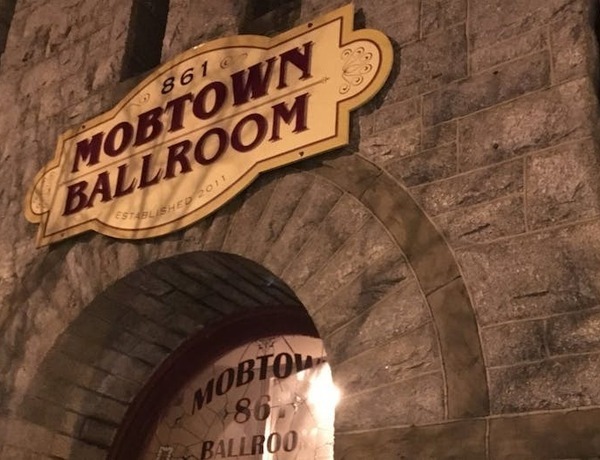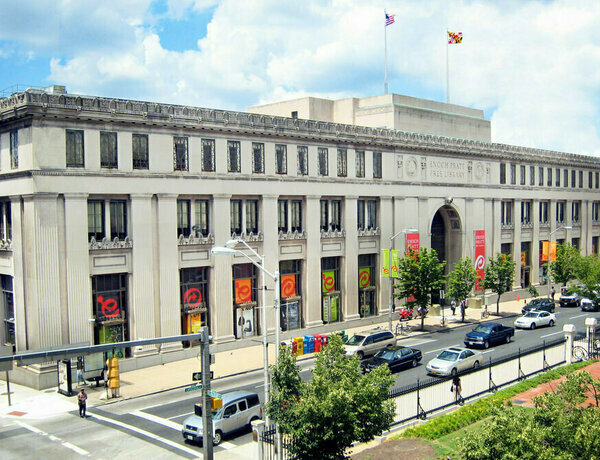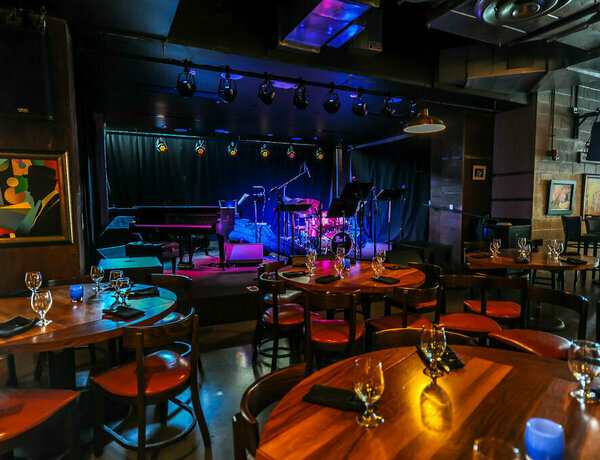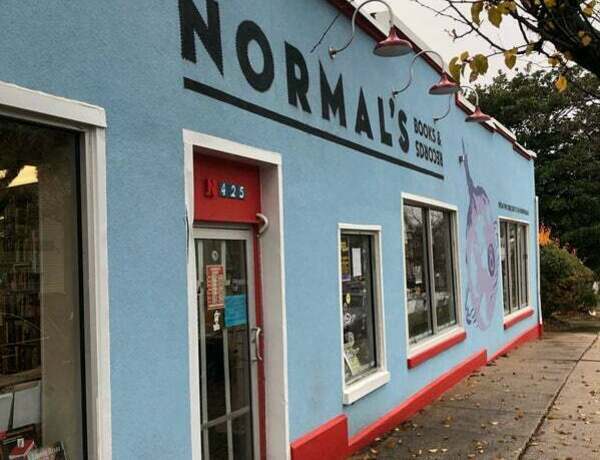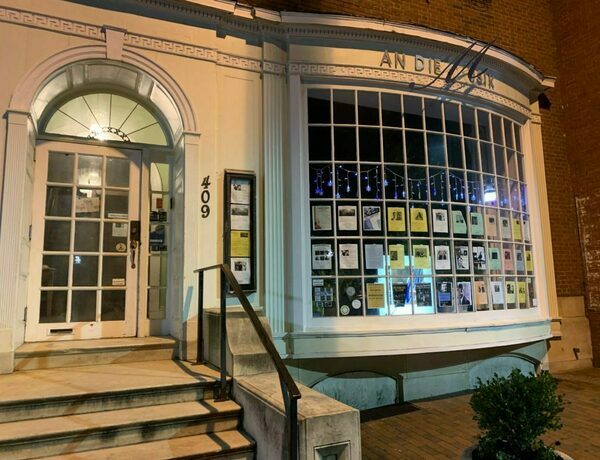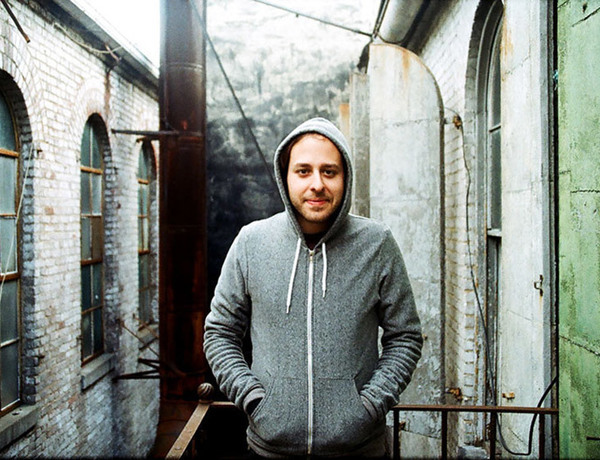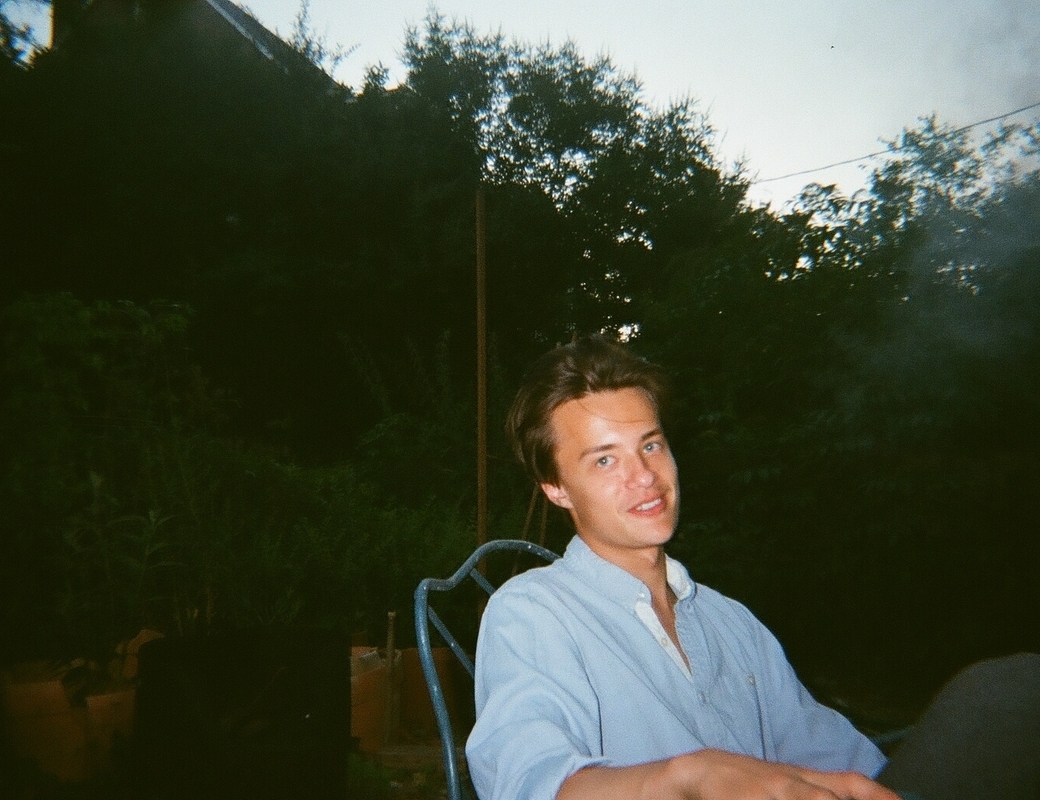
About Julien
For me, making music always begins with little compositional experiments. I surround myself with a room full of instruments, centered around a digital multi-track recorder. One-by-one, I take each different instrument (or any combination of them) and record a line of music. Every subsequent line gets its bearings as a counterpoint to the previous one. Soon I find myself before a small orchestra of Julien’s, all playing different instruments with different contrapuntal lines. The sound of the whole is so different from that of any individual part, and completely unexpected: it is like discovering a secret. This discovery is why I make music.
My new album, “THE SALE,” has this process of unexpected discovery as its compositional basis, while exploring themes of memory and fictions, love and indifference, and estrangement and alienation. The album was recorded partially in my childhood home in Baltimore, and partially in my dorm room at Princeton University. Nearly everything you hear on the record–from voice to guitar, bass, keys, and drums–was played and recorded by myself, with a few notable exceptions from friends, classmates, and local Baltimore musicians.
Current city:
Baltimore
For me, making music always begins with little compositional experiments. I surround myself with a room full of instruments, centered around a digital multi-track recorder. One-by-one, I take each different instrument (or any combination of them) and record a line of music. Every subsequent line gets its bearings as a counterpoint to the previous one. Soon I find myself before a small orchestra of Julien’s, all playing different instruments with different contrapuntal lines. The sound of the whole is so different from that of any individual part, and completely unexpected: it is like discovering a secret. This discovery is why I make music.
My new album, “THE SALE,” has this process of unexpected discovery as its compositional basis, while exploring themes of memory and fictions, love and indifference, and estrangement and alienation. The album was recorded partially in my childhood home in Baltimore, and partially in my dorm room at Princeton University. Nearly everything you hear on the record–from voice to guitar, bass, keys, and drums–was played and recorded by myself, with a few notable exceptions from friends, classmates, and local Baltimore musicians.
